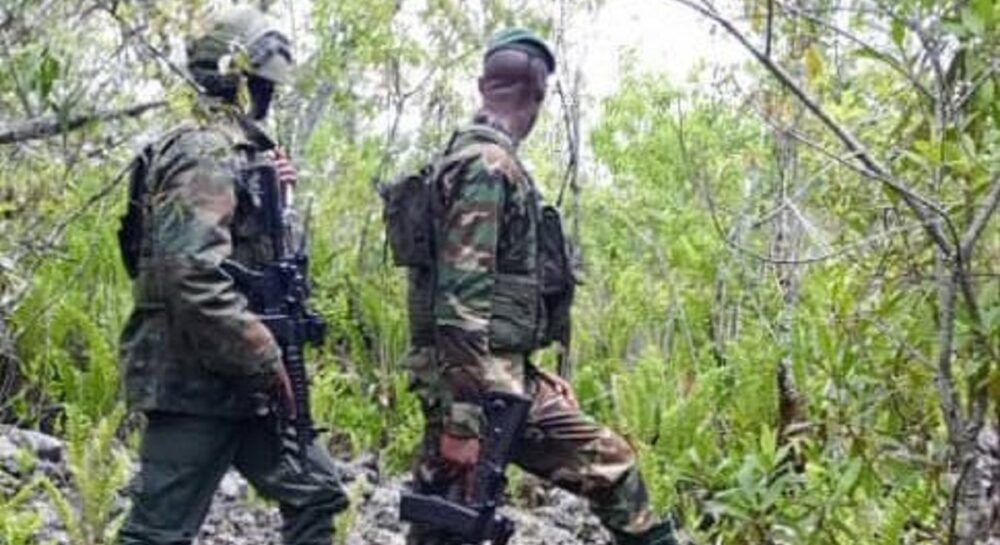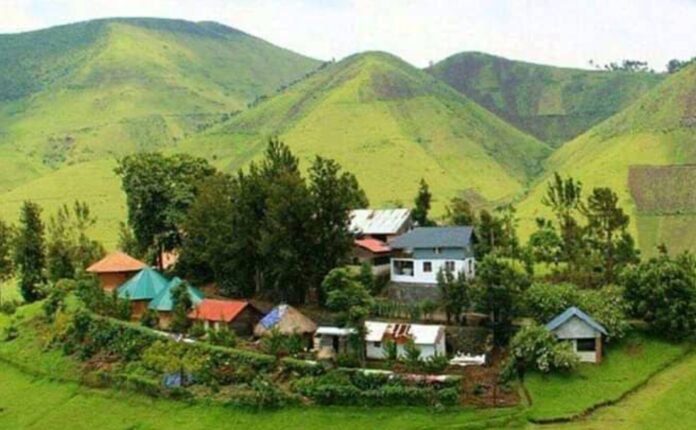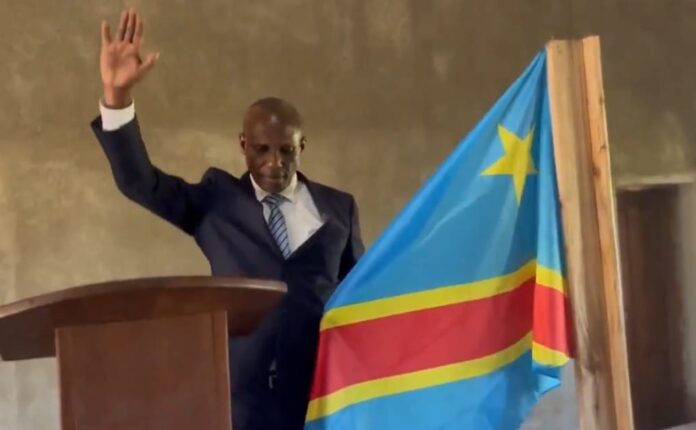In a significant development on the eastern front of the Democratic Republic of Congo, fighters from the Alliance Fleuve Congo (AFC), a coalition including the M23 movement and Twirwaneho self-defence groups, have taken control of Bwenda, a locality situated in the Karhongo groupement, Walungu territory, South Kivu Province.
Note: Company, Blog, Church websites are free.
According to sources on the ground, the takeover occurred early Tuesday morning after intense clashes between AFC combatants and forces loyal to Kinshasa. Heavy and light gunfire echoed through the hills as the battle raged on for hours. Local populations fled in large numbers to surrounding areas such as Nyangezi, seeking refuge from the frontline.
Bwenda holds strategic significance, both geographically and symbolically. It lies just a short distance from Nyangezi, itself recaptured by AFC forces in late February 2025. That move followed the dramatic fall of Bukavu, the capital of South Kivu, to AFC/M23 forces on February 16, marking a turning point in the balance of power in the region.
The capture of Bwenda is just the latest in a series of gains by the AFC coalition, which has recently taken control of Kaziba, Luhwinja, and several surrounding localities, including mountainous zones bordering Walungu, Uvira, and Mwenga. These victories underscore the growing momentum of the movement and the weakening grip of Kinshasa on the region.
For AFC, these operations are not mere military conquests; they are acts of **liberation meant to reclaim land and dignity for populations long abandoned, marginalized, and mistreated by the central government. The coalition frames its campaign not as an insurrection, but as a popular struggle for justice, representation, and peace in the eastern Congo.
Political and military analysts say that the fall of Bwenda is a clear indicator that Kinshasa’s strategy of repression and silence is failing. Instead of addressing long-standing grievances through dialogue, the government has repeatedly opted for military escalation, a decision that continues to cost lives and fuel regional instability.
The AFC has consistently called for serious and inclusive negotiations involving all stakeholders: armed movements, local communities, civil society actors, and international partners. Yet, Kinshasa’s refusal to engage in genuine dialogue has left the eastern population with no alternative but resistance.
By reclaiming Bwenda, the AFC sends a strong message: he people of the East are no longer willing to be silent victims. This is not a war for chaos, but a movement for renewal, one that seeks to restore the voice, identity, and future of millions who have suffered for decades in the shadow of state neglect.
The AFC is now urging the international community to stop blindly endorsing Kinshasa’s narrative and instead listen to the realities and demands of the people on the ground. It is time for the voices of Walungu, Uvira, Mwenga, Rutshuru, and Masisi and beyond to be heard.



